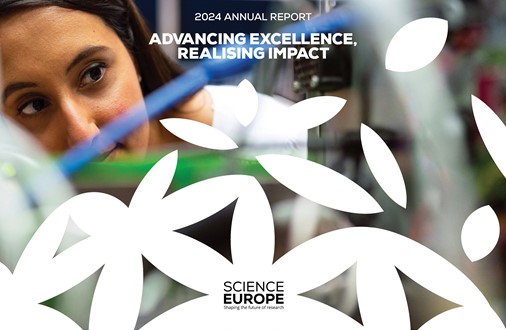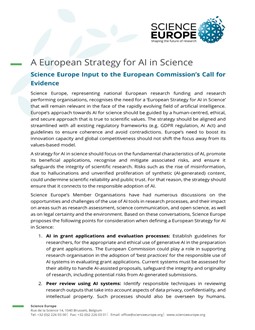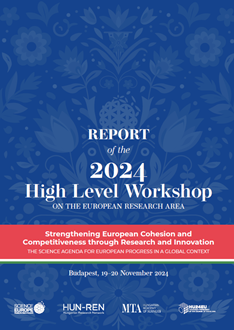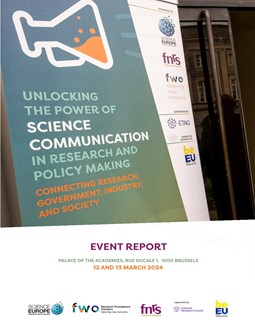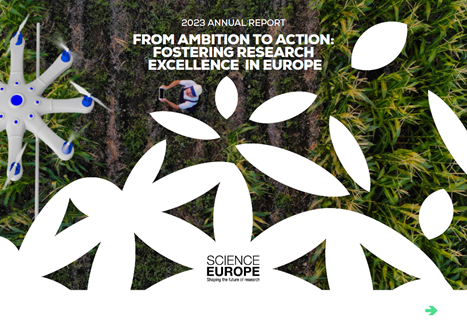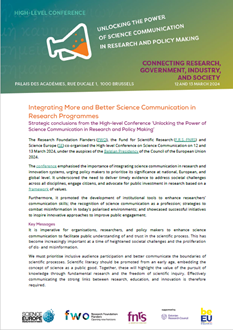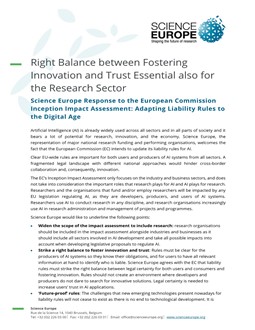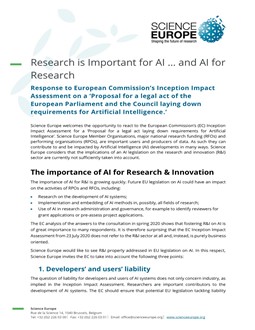Member-only content is available on this page. Please log in to view this content.

Artificial Intelligence
Artificial Intelligence technologies have the potential to revolutionalise almost all aspects of our lives, including the way research is done and managed.
Research and innovation actors increasingly embed these technologies in various steps of the research process.
Why does Artificial Intelligence matter?
Developments in AI are increasingly relevant for research funding and research performing organisations. Science Europe members are already actively involved in shaping these developments by funding research on AI, developing national strategies, and exploring the use of AI in core tasks, such as peer review. In addition, researchers increasingly use generative AI to write scientific proposals, publications, and to develop hypotheses.
At the European level, initiatives on AI in science should account for the values and needs of the research community, and ensure the responsible and ethical use of such technologies.
What are the current priorities and needs for AI in research?
To uphold excellence and fairness in research processes, the use and governance of AI in research management should:
- embed human values and identify certain standards to uphold them at a practical level.
- ensure that the use of AI systems is transparent and meets high technical standards, guaranteeing explainability, fairness, robustness and security, taking into account the relevant contexts.
- promote capacity building of RPOs and RFOs through training and awareness for all staff and researchers involved in the use of AI in the research lifecycle.
- consider privacy, data protection and intellectual property rights, as they often collide with the transparency elements of AI system development.
- fully embed sustainability issues in the conversation, rather than see them as a side-effect.
These elements cover the ideal of ‘trustworthy AI’. Practical measures should be defined to build such systems.
AI and Open Science
Artificial Intelligence also strongly interlinks with open science. Researchers have an ever-increasing amount of research data and digital resources at their disposal, with many already using AI technologies for data analysis. Unbiased datasets and data protocols are needed for them to produce quality research. Any future EU legislation on AI therefore needs to complement open science policies.
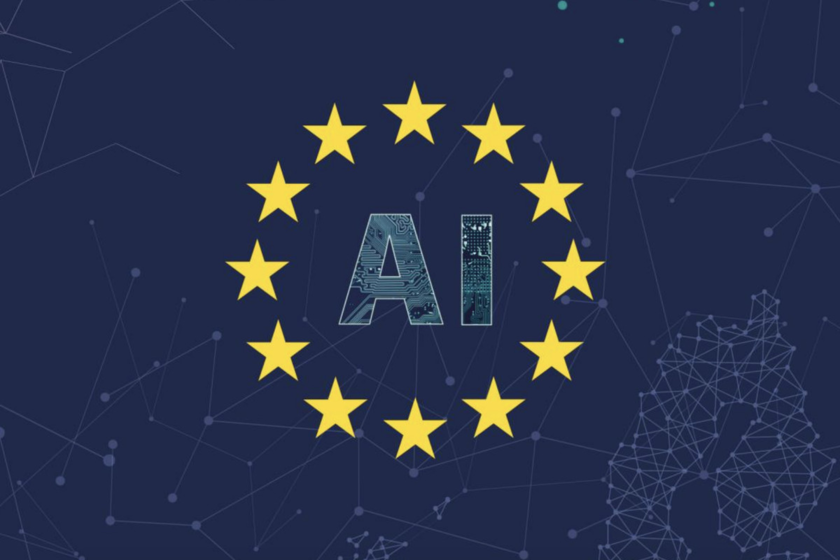
2024 Annual Report: Advancing Excellence, Realising Impact
Science Europe made excellent progress on its research policy priorities in 2024, delivering key outputs in various areas, including science communication, research assessment, open science, the sustainability of research, international collaboration, and equality, diversity, and inclusion.
Science Europe Input to the European Commission’s Call for Evidence on A European Strategy for AI in Science
Science Europe has submitted its response to the European Commission’s Call for Evidence on 'A European Strategy for AI in Science', emphasising the need for a forward-looking, values-based strategy that supports innovation and competitiveness in Europe.
Report of the 2024 High Level Workshop on the ERA
This report presents a summary of the dialogue sessions and main conclusions of the 2024 High Level Workshop that took place in Budapest on 19 and 20 November. The event was organised by Science Europe in partnership with the Hungarian Research Network (HUN-REN) and the Hungarian Academy of Sciences (MTA), under the auspices of the Hungarian Presidency of the Council of the European Union.
Report of High-level Conference 'Unlocking the Power of Science Communication in Research and Policy Making'
This report summarises the High-level Conference on Science Communication organised by Science Europe, FWO, and FNRS. The event emphasised the role of science communication, the importance of integrating it into research programmes and policies, and providing support for those engaging in it.
From Ambition To Action: Fostering Research Excellence In Europe - 2023 Annual Report
2023 proved to be another landmark year for Science Europe: building on the achievements of the previous year and setting the direction for new approaches in vital areas of research policy.
Right Balance between Fostering Innovation and Trust Essential also for the Research Sector
Science Europe Response to the European Commission Inception Impact Assessment: Adapting Liability Rules to the Digital Age
Response to the European Commission's Inception Impact Assessment on Artificial Intelligence
In its response to the European Commission, Science Europe highlights that future EU legislation on AI needs to strike the right balance between safeguards for users and developers of AI systems, and a legal environment that fosters R&I.

